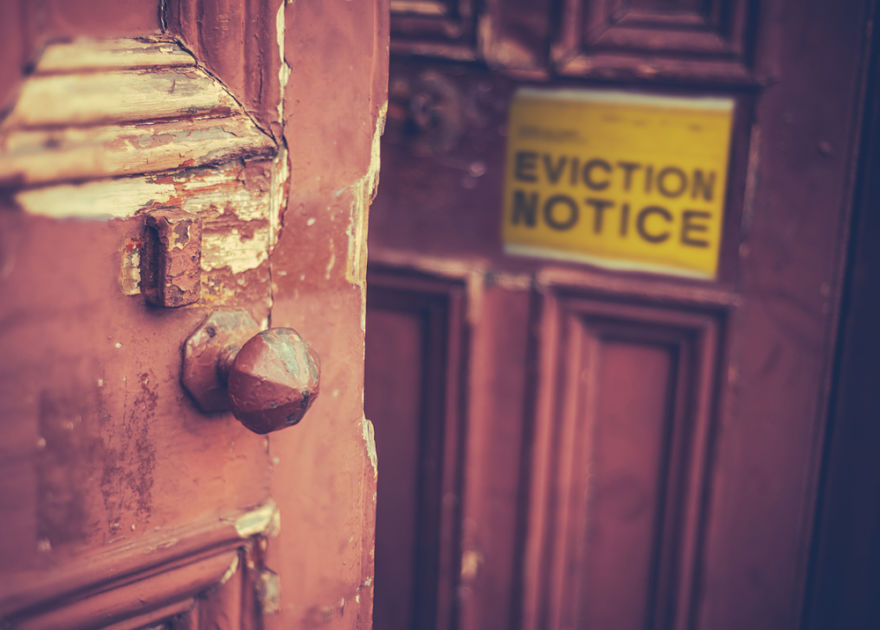Perhaps you have heard of squatter's rights? It is a legal concept that enables those who have occupied home for a long time to get ownership of it, even minus the owner's permission. Although it may sound bizarre for some, squatter's rights, also referred to as adverse possession, has existed for centuries and has played an essential role in shaping land ownership laws. In this short article, we shall discuss what squatters rights in Louisiana are, how they work, and their significance in modern times.

Adverse possession may be the legal doctrine that forms the cornerstone of squatter's rights. It's on the basis of the proven fact that if who owns home does not use or take care of it for a prolonged period and someone else uses and maintains the property, that person should acquire ownership rights. The period of time needed to claim adverse possession varies from state to mention and ranges from 5 to 30 years. In most cases, the occupation should be open, notorious, and continuous for the entire period.
For a squatter to claim adverse possession, they should meet certain legal requirements. Firstly, they need to occupy the property minus the owner's permission. Secondly, the possession should be exclusive, and therefore the squatter must have exclusive use of the property, excluding the dog owner and some other third party. Thirdly, the possession should be uninterrupted and continuous according to state laws. Finally, the possession must be notorious, meaning that it must certanly be visible and open for anyone to see. Once these requirements are met, the squatter can claim ownership of the property.
Squatter's rights could be contested by the initial owner of the property. To take action, the master must evict the squatter and retake possession of the property. Alternatively, they can file case to eject the squatter and regain ownership rights. However, the master must act fast because after a certain period, the squatter's right can become inviolable, and the dog owner could lose ownership rights. Such cases, the court may rule in support of the squatter, granting them full ownership of the property.
The idea of squatter's rights has a rich history and has evolved through time. Initially, it was established to market the productive use of land and prevent land hoarding. In the medieval era, lords would allocate land to peasants to utilize for agricultural purposes. If god the father didn't visit or collect taxes from the land for a specific period, the peasant could claim ownership of the land. In modern times, the goal of squatter's rights has shifted towards occupying abandoned properties, using them, and preventing them from becoming dilapidated.
In recent years, the applicability of squatter's rights has been at the mercy of criticism. Some argue that it creates an incentive for squatters to take advantage of others'properties, which makes it an easy task to claim someone else's land without employed by it. Others argue so it interferes with the property owner's rights and creates confusion and complexity in legal ownership rights. Despite these arguments, squatter's rights remain a part of the legal system and remain applicable in lots of states.

Conclusion:
Squatter's rights might seem like a silly legal concept, but they've a fascinating history and continue steadily to exist in the legal system. Although the applicability of this method is questioned, it has provided essential incentives to promote the productive usage of land and discouraged land hoarding. The thought of adverse possession and squatter's rights emphasizes the importance of using and maintaining properties and encourages property owners to be mindful of the properties'conditions.
